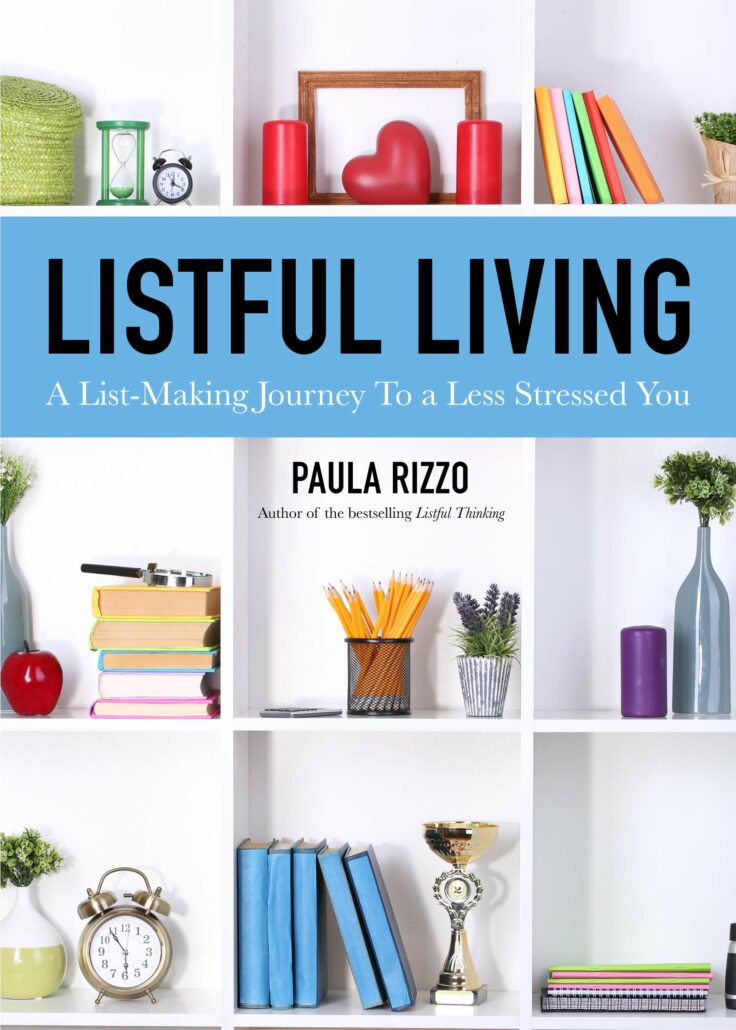Since my book Listful Thinking has been published in 12 different languages I have been able to connect with list makers across the globe. In particular, I often receive messages from people in China and Japan who want to talk about their love of lists.
It’s become clear to me that while we may have different approaches and styles, being more productive without overworking ourselves is a common human goal. In fact, in my search for a more minimalist lifestyle, I have often been inspired by ideas from the other side of the world. If it wasn’t for a friend of mine recommending I checked out check out this excellent list, then the idea of minimizing may not have been as apparent as it is now for me right now. In our lives, there are many things we don’t actually need and a lot of things that take up a lot of unnecessary space.
As you may know I am a huge fan of Marie Kondo, who brings a simplicity to clearing clutter. She has you ask a simple question as you hold items from you home in your hand, “Does it spark joy?” It makes you really think about the stuff you choose to keep, not just in your closets, but in your life in general.
I’m not the only one who has been inspired by eastern minimalism. Raymond Tang felt overwhelmed by his fast paced technology driven lifestyle and sought change elsewhere. He was inspired by the classic poems of by Lao Tzu, an ancient Chinese philosopher. These poems are thousands of years old, but as Raymond explains in his TED talk they offer advice that we can embrace today.
Lao Tzu encouraged people to act more like water, which fills the shape of its container. t doesn’t fight against the obstacle in anyway. In the same way, all of us can be more open to opportunities and rather then force ourselves to be a certain version of success, we can just go with the flow.
It’s easier said than done, of course and I struggle with this on a daily basis. I really like order and structure and when I’m in a chaotic situation it makes me anxious. But I’m trying to be more open to chance and circumstance.
Minimalism is big in Japan as well, where young people are trying to own fewer and fewer things. Inspired by traditional Zen Buddhism, they have reduced the amount of physical things in their life to free up time spent cleaning or decluttering to be used elsewhere. When explaining the difference between Eastern and Western styles one person said, “In the west, making a space complete means placing something there. But with tea ceremonies, or Zen, things are left incomplete on purpose to let the person’s imagination make that space complete.”
In that same article one Japanese man explained that he only four pairs of pants, three shirts and four pairs of socks. If that makes you nervous, it shouldn’t! There’s something really freeing about having less stuff.
When you think about you probably use the same clothes over and over again anyway. So why are you holding onto it?


